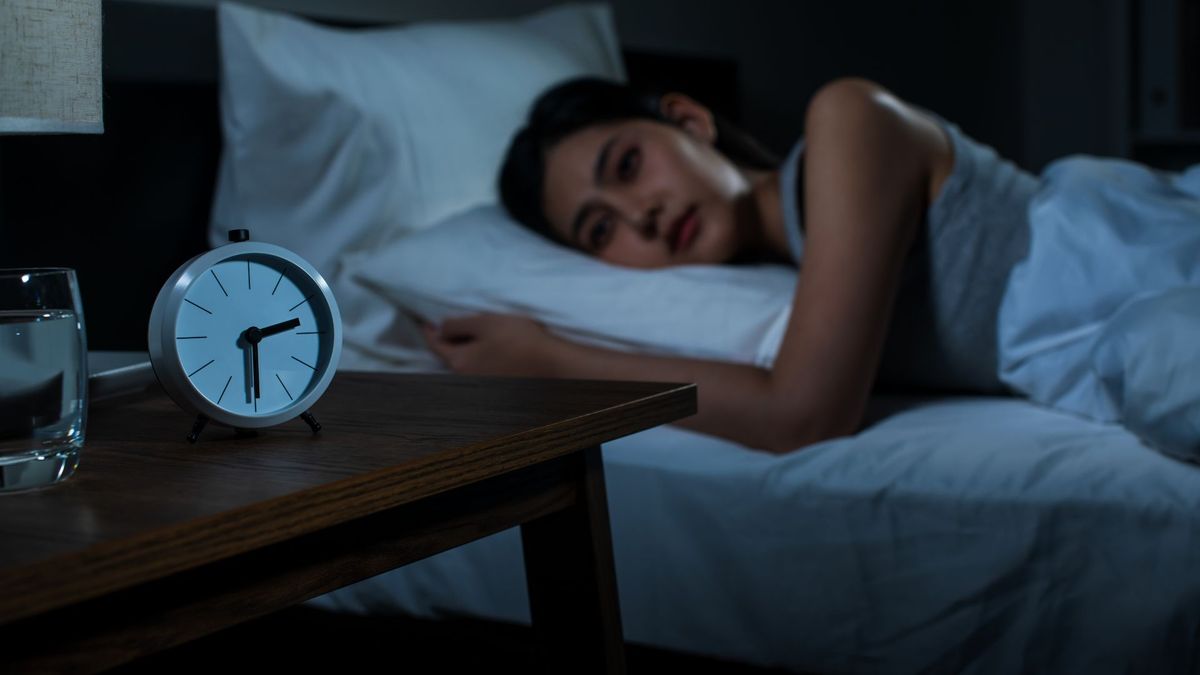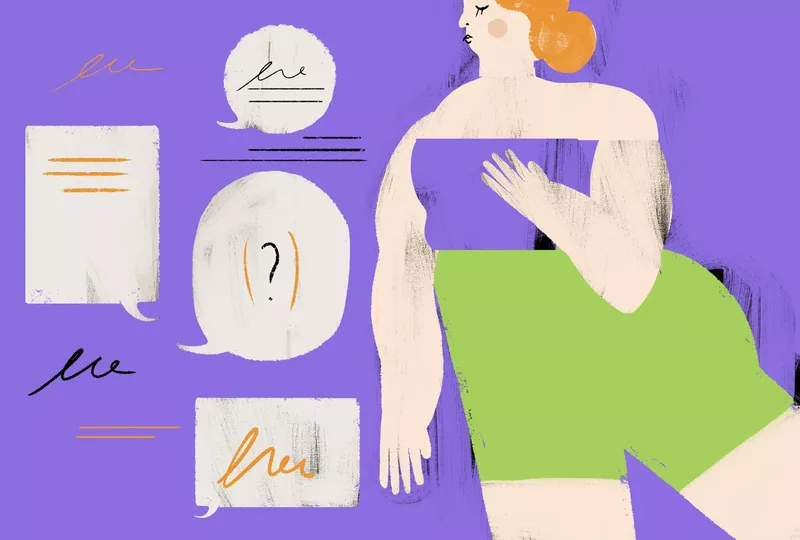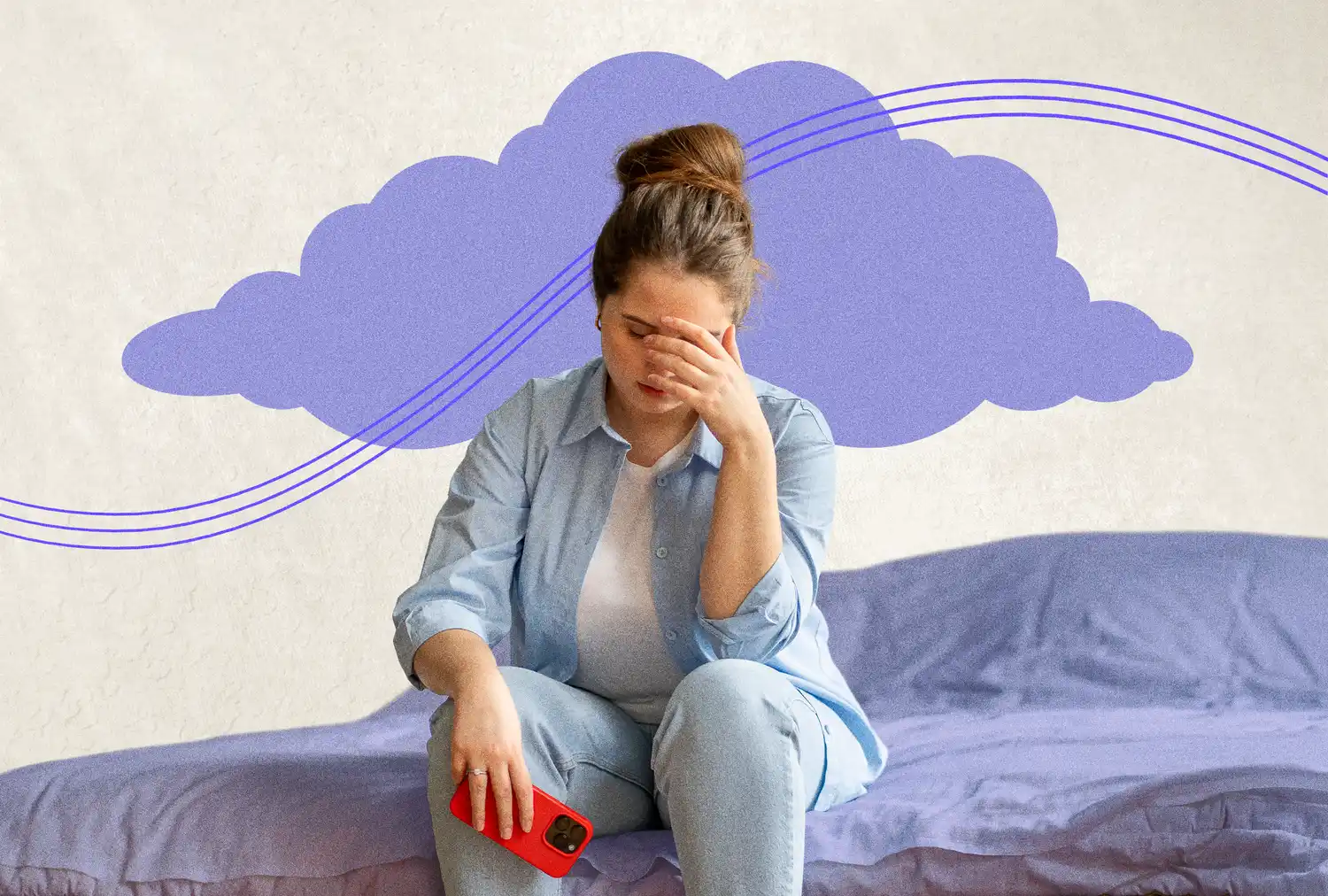In the quiet hours before dawn, a common yet unsettling phenomenon occurs for many: waking up around 3 AM. If you frequently find yourself staring at the ceiling when the rest of the world sleeps, your body might be sending you important signals. Understanding these early morning awakenings is the first step toward achieving the deep, restorative rest you deserve. This comprehensive guide, informed by the latest sleep science, will help you decode what your body telling you and equip you with practical, research-backed strategies to regain control of your sleep. In 2025, prioritizing sleep is more crucial than ever for overall well-being and productivity.
The Science of Nocturnal Awakenings: Why 3 AM?
Our sleep isn't a single, uninterrupted block; it's a dynamic journey through distinct cycles. Each cycle, lasting approximately 90-100 minutes, progresses from light sleep to deep sleep and then to REM sleep. As the night progresses, especially in the second half, our sleep naturally becomes lighter. This shift makes us more susceptible to waking between cycles, often coinciding with the 3 AM window after completing two to three cycles.
This phenomenon is quite natural for many people. According to insights from health psychologists like Dr. Julia Kogan (Harvard, 2024), waking briefly between sleep cycles isn't inherently problematic, provided you can easily drift back to sleep. The challenge arises when these momentary awakenings become prolonged or distressing.
Latest Research: Unpacking Common Causes of Early Wake-Ups
Modern research and clinical observations pinpoint several key factors contributing to those persistent 3 AM wake-ups. Your body's nocturnal messages can stem from a variety of physiological and psychological roots.
Conditioned Insomnia: A Learned Wakefulness
One of the most common—yet often overlooked—reasons is conditioned insomnia. As explained by therapists like Annie Miller (Stanford researchers), this occurs when your brain learns to anticipate wakefulness at a specific time. Following periods of stress or disrupted sleep, your brain creates an association between your bed and being awake, reinforcing the cycle even after the initial trigger has passed. This is what your body telling you when it expects to be awake at that hour.
Cortisol Fluctuations: The Stress Hormone Connection
Cortisol, our primary stress hormone, naturally rises in the early morning to prepare us for waking. However, in individuals experiencing chronic stress, anxiety, or trauma, this rise can happen prematurely or more sharply. Clinical directors like Nilou Esmaeilpour (Research from the University of California, 2023) note that these early cortisol bursts can act as an internal alarm clock, jolting you awake. This dysregulation of your nervous system is a clear signal from your internal clock.
Psychological Factors: Stress, Anxiety, and Depression
Emotional well-being profoundly impacts sleep. Stressful life events heighten brain alertness during lighter sleep stages, making the 3 AM window particularly vulnerable. Chronic worry, especially rumination about work, relationships, or health, can lead to these early morning awakenings. Furthermore, depression is often linked to disrupted circadian rhythms, potentially leading to excessive time in bed or disturbed sleep patterns, as Dr. Kogan's work suggests (Harvard, 2024). Your mind's state is a powerful message your body telling you through your sleep patterns.
Dietary Influences: Meals and Blood Sugar
What and when you consume before bed can significantly impact sleep quality. Heavy meals or excessive liquids close to bedtime can lead to lighter, more interrupted sleep. Additionally, a drop in blood sugar, particularly after an early dinner or alcohol consumption, can trigger an awakening. This is your body telling you about its metabolic state.
Underlying Medical Conditions
Various medical conditions can also contribute to frequent nocturnal awakenings. Hormonal shifts during perimenopause, for instance, can cause hot flashes and night sweats that disrupt sleep. Breathing disorders, chronic pain, cardiovascular issues, and certain neurological conditions are also common culprits. Moreover, medications prescribed for these conditions can sometimes have sleep disturbances as a side effect (Mayo Clinic, 2024). These are critical messages your body telling you to seek professional medical attention.
Evidence-Based Mechanisms: How These Factors Impact Sleep
The mechanisms behind these 3 AM wake-ups are deeply rooted in our biology. When stress elevates cortisol, it interferes with melatonin production, the hormone that promotes sleep. Dietary choices affect blood glucose stability, and fluctuations can signal the body to wake up. Medical conditions create physiological disruptions, from discomfort to hormonal imbalances, all capable of fragmenting sleep. Understanding these interconnected systems is key to interpreting your body's nocturnal messages.
Research-Backed Strategies: Reclaiming Your Rest
When you find yourself awake at 3 AM, your immediate actions are crucial. The goal is to avoid reinforcing wakefulness and instead encourage a return to sleep.
What Not to Do at 3 AM
Breaking negative habits is essential for restful sleep. Avoid these common pitfalls:
- Don't reach for your phone: The blue light from screens suppresses melatonin, making it harder to fall back asleep. Engaging with social media or news can also activate your mind, pulling you further from rest. A common mistake is to










